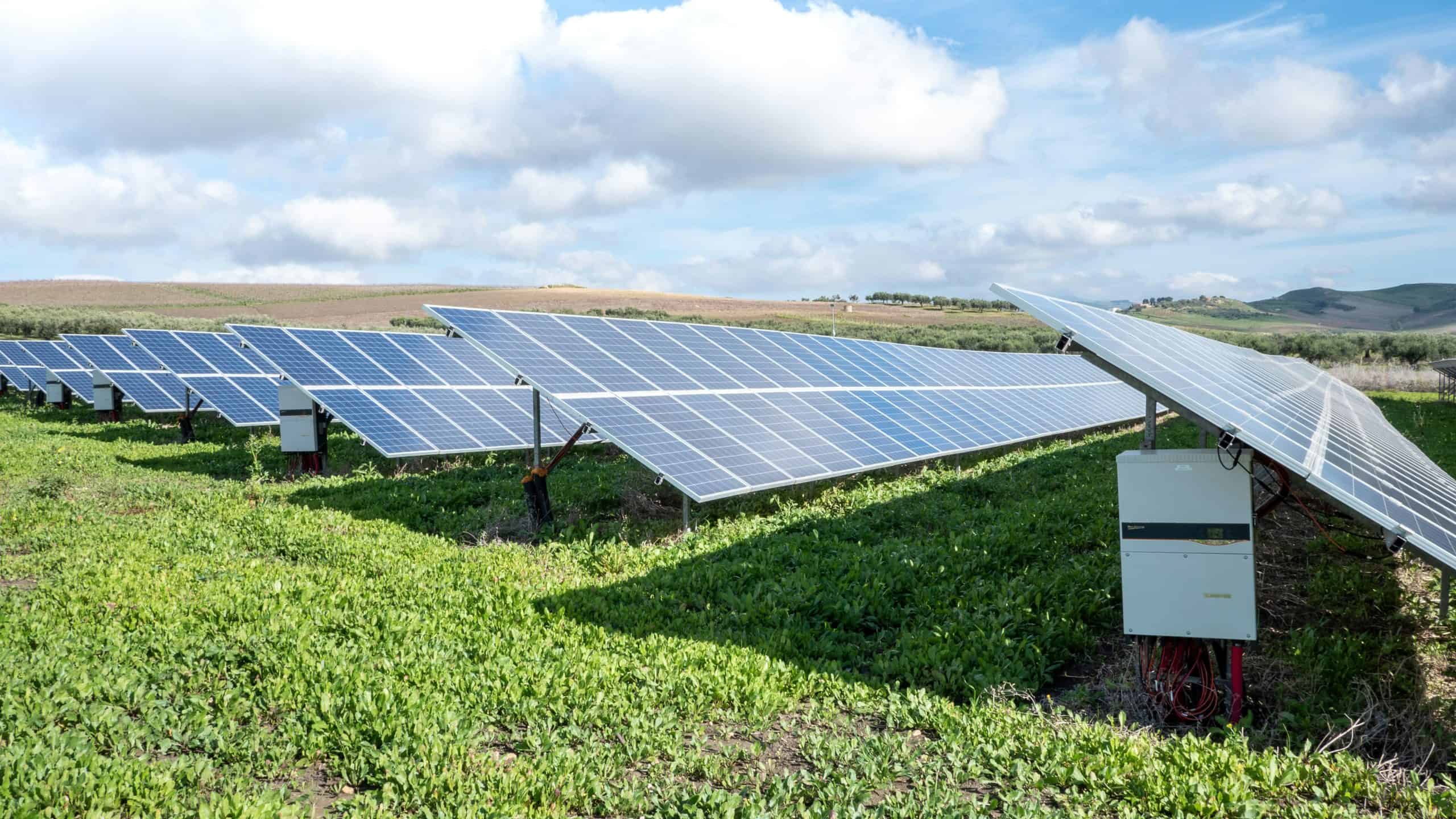Eskom continues plans to punish solar power consumers – AfriForum
AfriForum today labelled Eskom’s plans to adjust its tariff structure to significantly increase fixed costs as an attempt to punish consumers who generate their own power. The so-called unbundling of the power utility’s energy charges is, according to the consultation paper on the proposed Retail Tariff Plan (RTP) released by the National Energy Regulator of South Africa (Nersa) yesterday, aimed at promoting transparency and ensuring that consumers pay for the services they use, including access to Eskom’s grid.
The RTP is now open for public participation. AfriForum will soon present its input and opposition to the proposed tariff unbundling, as well as several other important issues outlined in the plan, to Nersa. The deadline for input is 17 December 2024. Eskom hopes to implement the RTP by April 2025.
AfriForum maintains that Eskom’s plans to adjust the tariff structure will have an unfair and significant financial implication for consumers who use, for example, solar power. Among other things, Eskom’s application incorporates the division of line fees for all consumers, which was previously included in the general electricity usage charges.
In addition to Eskom’s plan to squeeze more money out of solar power consumers, the power utility also wants to make changes to the time-of-use rates and periods (TOU). This intended adjustment will determine again how much consumers must pay for power consumption at different times of the day. Other important adjustments also outlined in Eskom’s RTP are the restructuring of residential power tariffs and proposed revision of subsidies, including the Electrification and Rural Subsidy (ERS).
“The increase in the use of alternative energy in South Africa does not stem from Eskom’s excellent performance; on the contrary, their poor performance forced consumers to implement alternatives for reliable power supply, but now Eskom wants to punish the very consumers for it,” says Morné Mostert, Head of Local Government Affairs at AfriForum. “Eskom’s monopoly and years-long implementation of load shedding had a devastating impact on the economy, and individuals and businesses were forced to find other solutions to protect themselves from the power utility’s failures. The proposed adjustment in the Eskom line tariff comes simply because Eskom sees the loss it is suffering due to consumers’ do-it-yourself approach and is now trying to devise plans to get more money from consumers who are starting to free themselves from this monopoly.”
Mostert emphasises that Nersa, as the energy regulator, has a duty to protect energy consumers – especially in light of Eskom’s ongoing underperformance.
“Consumers should in no way be fooled by the current load shedding-free power supply. Eskom has a legacy of inefficiency that must not be ignored, and Nersa must not look on as consumers are punished with the unfair tariffs that Eskom is now trying to implement,” concludes Mostert.
AfriForum will soon submit its comments on the RTP and help ensure that its members’ concerns about the proposed adjustments as well as the impact that the adjustments may have on consumers are heard.











